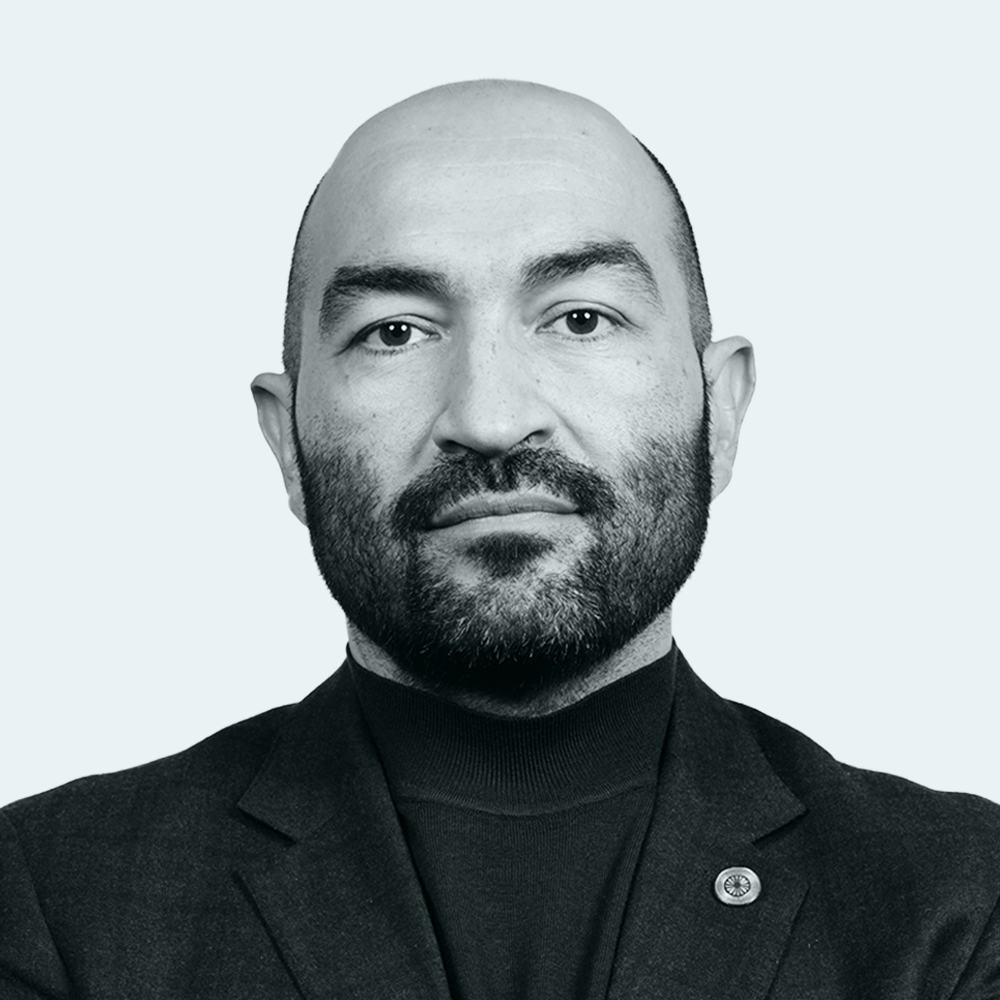A small town in northwest Bulgaria shows that when Roma take the leadership, they can establish a framework for justice, equality and prosperity despite racist prejudices and ever-changing political winds.
In recent years, many policymakers and NGO leaders have attempted to compile “success stories” demonstrating the results of their work to improve the lives of Roma. Oftentimes, they focus on their own short-term projects. But when you ask Roma communities, they do not see these projects as successes.
For the racist majority, this difference of opinion fuels claims that Roma do not want to integrate. For allies of the Roma movement and for many Roma advocates, meanwhile, it casts doubt and cynicism on whether change can be achieved at all for Roma.
If we want to see success stories, we need to look beyond short-term social assistance projects driven by the agenda of donors, intergovernmental agencies, and practically everyone but the Roma themselves. We need to look at communities where Roma have been relying on their own self-organization to amend local authorities and create equality and prosperity for Roma in the long-term.
Lom, a small town in northwest Bulgaria, is one of these communities. In Lom, the legacy of racism placed an artificial limit upon what Roma could achieve. Roma were marginalized and separated from the rest of the population by a sign which read: “No Gypsies beyond this line.” Roma children were not allowed to go to school; their parents could not find work.
But local Roma leaders pushed back and crossed the segregation line. They advocated relentlessly for authorities to work for Roma as they do for all citizens. Hardworking Roma families built up the rest: children went to school, they found employment or started their own businesses, they built friendships with their non-Roma neighbors.
Today, Roma are thriving in Lom: they are doctors, school principals, entrepreneurs, committed citizens. And their experience shows the remarkable success that can be achieved by ordinary people.
This article was originally published on opensocietyfoundations.org.

Zeljko Jovanovic
President
The latest

Serbia Must Amend Missing Persons Alert System to Protect Vulnerable Adults

Constitutional Review of the Šutar Law Confirms Serious Rule-of-Law Concerns

Europe’s Growth Depends on Roma Talent
Browse by category
Campaigns
Events
Facts
Press
Voices
For media inquiries:
[email protected]Sign up here so you don’t miss out on campaign updates, upcoming events and other news from the Roma Foundation for Europe and our network.
Sign up for our newsletter